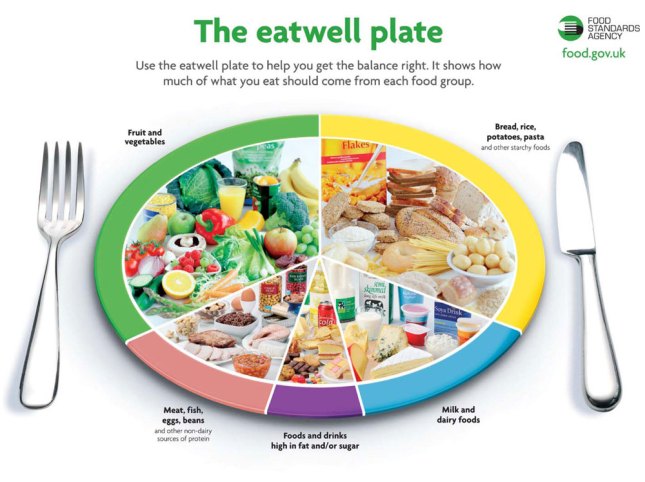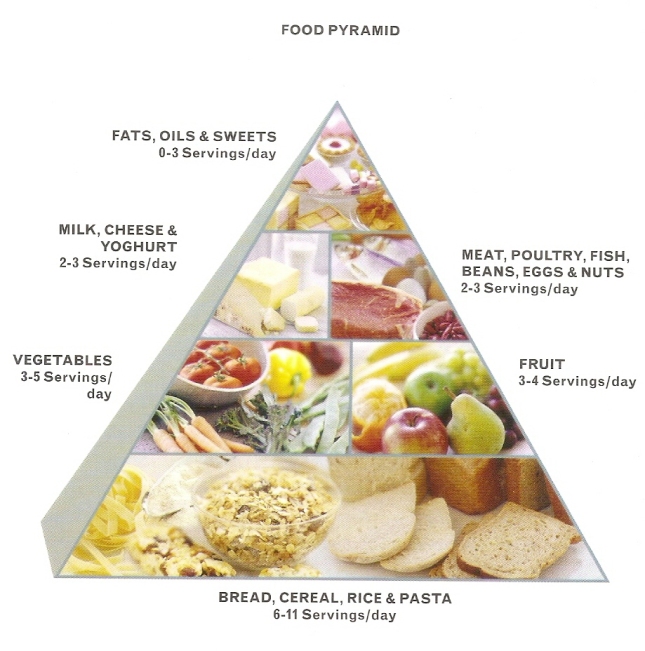Prenatal care (also known as antenatal care) refers to the regular medical and nursing care recommended for women during pregnancy.Prenatal care is a type of preventative care with the goal to treat and prevent potential health problems throughout the course of the pregnancy while promoting healthy lifestyles that benefit both mother and child. Routine prenatal care inspection by doctors has played a part in reducing maternal death rates and miscarriages as well as birth defects, low birth weight, and other preventable health problems.
During pregnancy, the fate of the foetus growing inside the mother’s womb depends on its mother life style and activitiy. During pregnancy, a pregnant mother needs to :-
a) consume a balanced diet with enough nutritious food which contains the right proportion of all the seven classes of food. Pregnant women need not eat more food than they did prior to pregnancy but they need only eat the best of foods—raw fruits, vegetables, nuts, and seeds.
These foods will provide an abundance of minerals, vitamins, and high-grade proteins for both mother and baby. Good foods are the raw materials for better eyes, better bones, better teeth, a better nervous system, a better brain, and better development all around the baby. Proper foods also improve the health and comfort of the mother and allow, for greater ease in delivery and healthier nursing.
b) Avoid smoking or consuming unnatural and toxic substances such as drugs and alcohol.
– Many studies have been conducted in recent years that indicate the harmfulness of alcohol, drugs, and cigarettes on the unborn baby.
It is known that even moderate consumption of alcohol—in fact, even one drink—can have an effect on the fetus. Severe birth defects have been caused by alcohol consumption in pregnant women. Some babies are born with “fetal alcohol syndrome”.
Smoking while pregnant causes a baby to be smaller and weaker. Toxic gases and substances in the mother’s bloodstream prevents oxygen from getting through to the fetus. Thirty-five percent of premature births (terms of eight months or less) are from smokers.
c) Get proper rest and practice regular and systematic exercise.
Exercise improves circulation and thus there will be a greater supply of nourishment to the fetus. This, in turn, will produce a more well-developed child. It will also provide the mother with stamina during labor.

A pregnant woman also needs enough rest and sleep.







